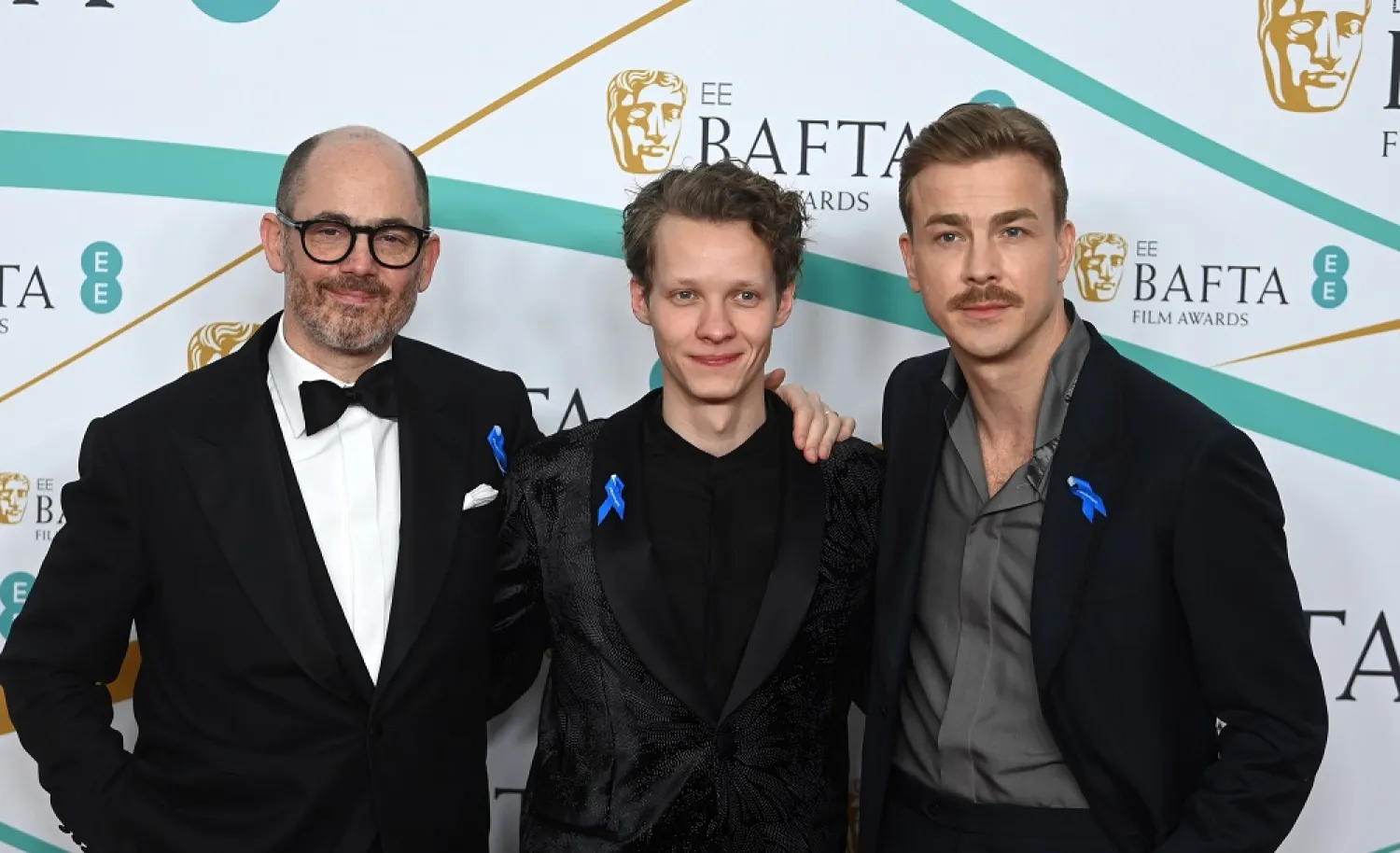“All Quiet on the Western Front,” Germany’s entry at the Academy Awards, shows the horrors of World War I from the unique perspective of the nation that triggered and lost two world wars.
The Netflix film enters the March 12 ceremony with nine nominations, including best picture and international film (a category it is expected to win). It tells the heart wrenching story of a 17-year-old German solider deployed to the trenches of France, where he and his comrades experience first-hand how their initial patriotic euphoria of war turns into desperation and fear as they fight for their lives.
Unlike many American movies that show the world wars as a heroic epic, “All Quiet on the Western Front” depicts the pain and loss of people suffering and dying in combat. It is narrated from the point of view of those who are responsible for starting the war and eventually losing it.
“An American war film can be about pride and honor, because America liberated Europe from fascism,” German director Edward Berger said in a recent interview.
Germans could never make such a movie, he added.
“We made the film from a place of the heritage of war, of the guilt of war, of bringing terror into the world, of the shame about it, and the responsibility towards history,” Berger said.
The movie has an eerie timeliness as young European men are again killing each other in trenches after Russia invaded Ukraine last year.
“All Quiet on the Western Front” is based on the world-renowned 1929 bestseller of the same name by Erich Maria Remarque. Generations of German teenagers have read the novel in high school to teach them about the visceral pains of war.
A 1930 adaptation of the novel by American filmmakers won two Academy Awards, including the ceremony’s equivalent of the best picture prize.
Netflix’s adaptation was released in October and has already seen success on multiple levels. It won seven awards at last month’s EE BAFTA Film Awards, including the influential ceremony’s best picture honor. It has, since its release, been among the most watched non-English films on Netflix in the U.S., according to the streaming service.
One reason for the film’s big success may be its unusual, grim perspective on war, which may be surprising for some American viewers, Berger surmised.
In Germany, where critics were less enthusiastic and complained about historical inaccuracies and the film’s lack of complexity compared to the original novel, it still was a No. 1 audience hit in the first week after its release. Globally it has been among the top ten for 14 weeks so far.
Berger, who read “All Quiet on the Western Front” as a teenager and “was profoundly impacted and influenced by it,” said that with the rise of populism and isolationism in recent years in Europe, the US and elsewhere, he felt it was the right time to make a new version.
Russia’s aggressive and brutal invasion of Ukraine, he said, can be seen as a direct result of this kind of nationalism and antagonism.
Berger’s film warns of the tragedy of war in very graphic ways.
The film’s protagonist Paul Baeumer, played by Austrian actor Felix Kammerer, volunteers as a soldier and is sent to the western front in France in 1917, a year before Germany loses World War I.
Set in dystopic colors on nightmarish battlefields, the young man fights in the trenches along the frontline witnessing injuries and violent deaths.
In one especially harrowing scene, Baeumer injures a French soldier in close combat and watches as he slowly dies. At the last moment, he tries to help ease the soldier’s pain. In the pocket of the French soldier, he finds photos of his wife and daughter, realizes what’s become of him, and lets out a terrible cry.
“You cannot have an enemy that gets killed and it’s a good death,” Berger said. “Any death has to be a lost life and therefore terrible.”









